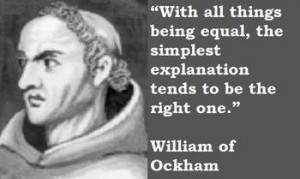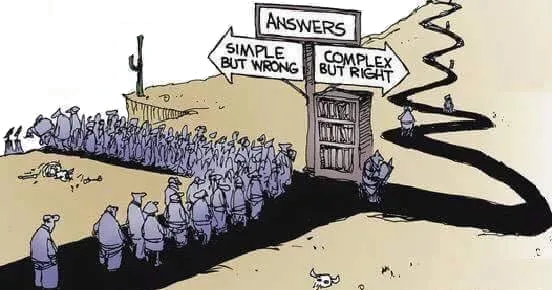Polarities and Eras
dale
Spring 2021
Created: 2021-01-05 Tue 19:29
Table of Contents
Continua and Eras
5 continua / themes playing out over the centuries
We will return again and again in the course to these themes laid out by Placher
- Humanity and Divinity of Christ
- Reason and revelation
- Works and Grace
- Spirit and Structure
- Church and State
Humanity and Divinity of Christ
- the early centuries of the Common Era were marked by debates
- as the Reformation unfolded and created itself, this polarity became a distinguishing marker
Reason and Revelation
- Faith and Scripture became watchwords for the Reformation
- The Catholic tradition would have to wrestle with the sola fide and the sola scriptura
Works and Grace
- Luther's opening salvo in the Reformation was aimed at this theme, claiming that the tradition represented a form of salvation by works rather than salvation by grace
- Something to watch throughout the unfolding modern era is how much one side or the other is emphasized
Spirit and Structure
- throughout the modern period there emerged periodically "charismatic" movements, emphasizing "spirit" over "structure"
- whenever such renewals engage the tradition there is tension over how to maintain the spiritual without structure
Church and State
- in most religious communities there is either an examined or an assumed relationship between the authority of the church and the authority of the state
- within the emerging Reformation tradition there are some communities that understand there to be strong connections between the two and some that understand the relationship must be kept distance
- the two pillars of the early Protestant era represent two contrasting positions, Luther and Calvin
Cultural eras
Below are major developments that unfold in Western Civilization during the time period of our survey of Christian thought:
- Renaissance
- Development of National identities (including languages)
- Printing Press
- Development of European music
- Science and Technology
- Discovery of Americas
- Rise of Capitalism
- Enlightenment
- Romantic / Baroque
- Wars
- Liberation: Women, Slavery, Indigenous Peoples …
Philosophical issues
Nominalism vs. Realism (philosophical concepts)
- Realism: Universals are "real"
- Nominalism: The only thing "real" are the names we put on things
- the really real vs. knowing the individual rather than the universal
- cf. John Duns Scotus
William of Ockham: showing reason's limitations
- Ockham (God can do anything)
- Ockham's "razor": argued the simpler explanation is to be preferred
- Particulars are all that we experience and "know"
- Ockham's "razor"


What is the possible critique?

3 "proofs" for the existence of God
- Anselm of Canterbury (11th c.)
- Thomas Aquinas (13th c.)
- B. Pascal (17th c.)